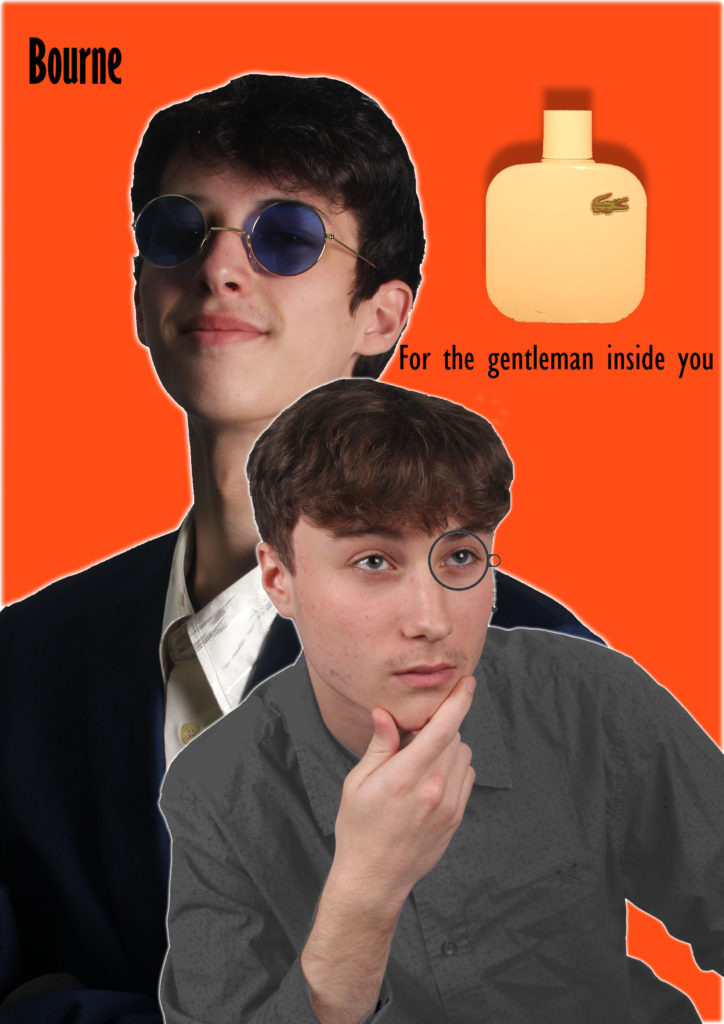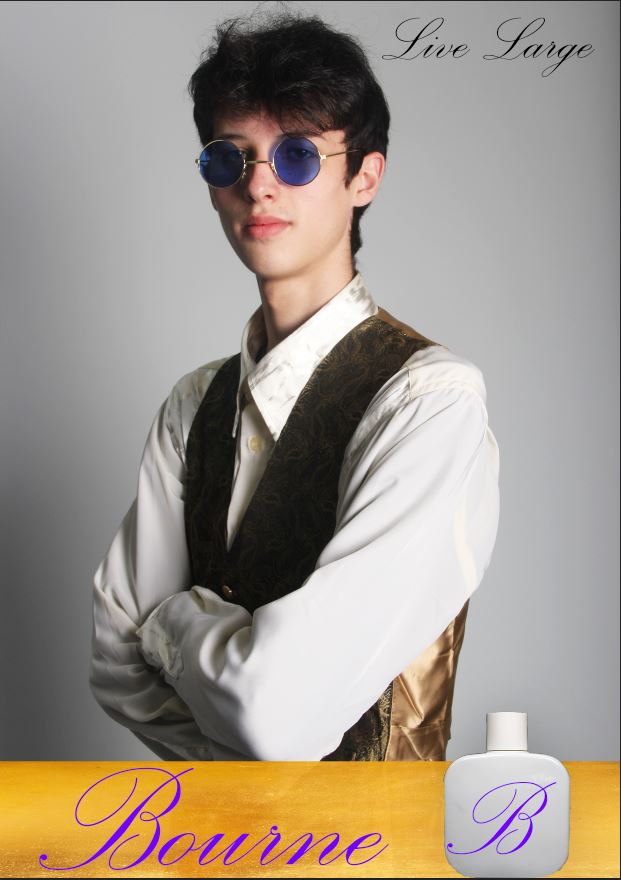Since 2007, the Levinson Emerging Scholars Awards have supported undergraduate researchers whose passion for science never rests. Mentored by and working alongside some of the University of Washington’s most accomplished researchers and teachers, these students participate in the invigorating work of advancing knowledge to solve some of society’s most intractable problems.
In its first 10 years, 81 awards totalling $431,155 have supported undergraduates’ advanced research projects, including funding to present their work at a professional conference. So far, 95% of Levinson Scholar graduates have stayed in a STEM field.
The URP assists UW undergraduates in:
- Planning for an undergraduate research experience
- Identifying faculty mentors and projects
- Defining research goals
- Presenting and publishing research findings
- Seeking funding for research
The URP helps UW faculty by:
- Inviting them to post their undergraduate research opportunities on this website
- Encouraging them to visit our Mentoring Resources page for information on incorporating undergraduates in their research and scholarship and to keep undergraduates aware of local and national funding sources
- Offering assistance in preparing grant proposals for funding department-based undergraduate research opportunities
- Providing support for the inclusion of research projects in undergraduate courses through the emerging Research Learning initiative
The URP also maintains a list of undergraduate research opportunities during the summer and beyond
UW, in addition to a list of local and national conferences. If you would like to list an opportunity beyond UW on our website, please email us at urp@uw.edu.
Through events such as the Annual UW Undergraduate Research Symposium, opportunities including the
Summer Institute in the Arts & Humanities, and courses such as Research Exposed!, and related workshops and resources, the URP promotes and facilitates ways for undergraduates to participate in research with faculty.
The URP works to ensure that all UW students have access to undergraduate research opportunities by:
- Creating initiatives that expand research opportunities;
- Providing a public forum for students to present their work; and,
- Assisting faculty to integrate undergraduates into the knowledge-making process.
To specifically address the interests and needs of individual students and faculty, URP staff
are available for consultation during quarterly drop-in hours or by appointment.
Our vision
The Undergraduate Research Program (URP) works toward ensuring that all UW undergraduates who wish to enrich their education with research obtain such experience.
We are committed to the integration of URP activities and services into the educational experience of undergraduates in a “cradle-to-grave” system of support for undergraduates.
This system would include:
- Planning with students to include research in their academic program
- Working with faculty to develop and publicize new research opportunities
- Assisting students in accessing research opportunities
- Fostering student understanding of the development of research questions and approaches
- Providing instruction on research methodologies, etiquette, and ethics
- Creating opportunities for students to make their work public
- Creating opportunities for students to envision themselves as contributing participants in a community of scholars





